In the quiet moments of companionship with your feline friend, there comes a time when a sudden, adorable sneeze breaks the serene ambiance. As you watch those delicate whiskers twitch and those sparkling eyes blink, you can’t help but wonder, “Why is my cat sneezing?” It’s a question that awakens curiosity and concern in every cat lover’s heart.
Amidst the purrs and playfulness, the sneezing symphony adds mystery to your daily life with your furry companion. In this journey through the world of feline sneezing, we will unravel the layers of this enigma, diving into the reasons, the meanings, and the remedies behind your cat’s captivating achoos.
Should I Be Worried?
While occasional sneezing might not set off alarm bells, persistent and repetitive sneezing can indicate an underlying issue. Cats, like humans, use sneezing to clear their nasal passages of irritants. However, it’s time to investigate further when the symphony of sneezes becomes a daily performance.
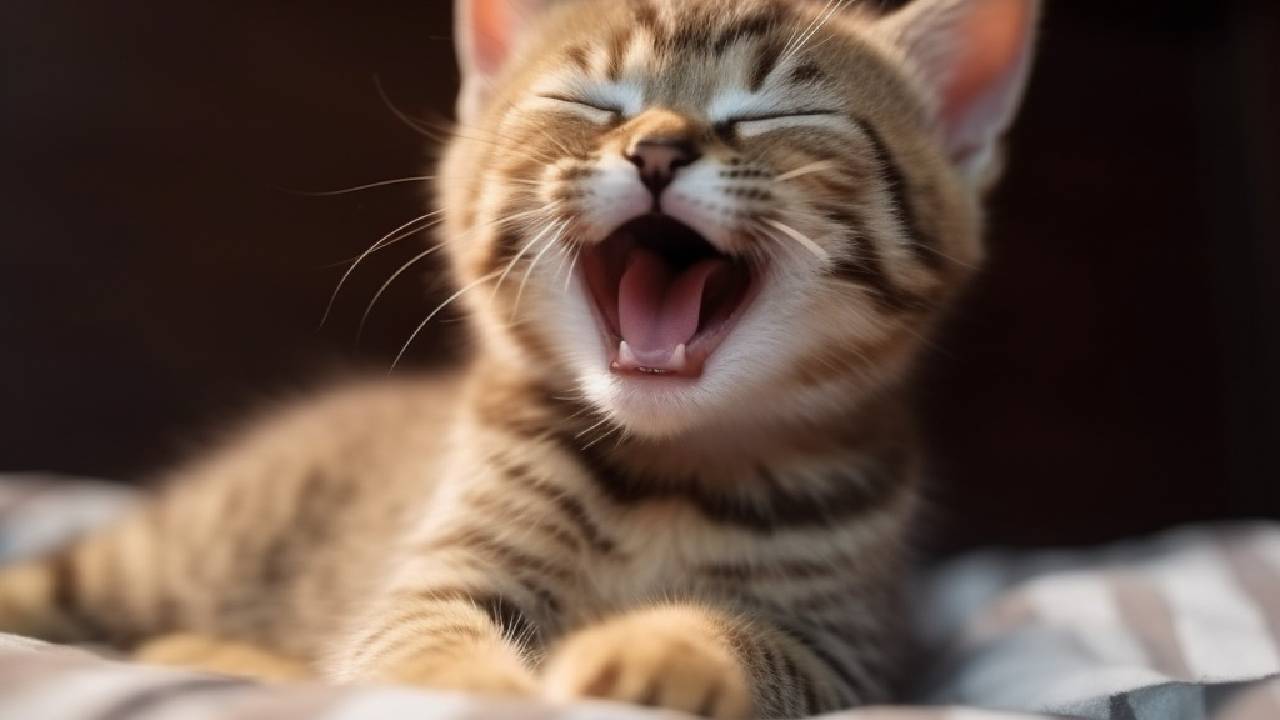
Decoding Feline Language: How Cats Communicate Discomfort Through Sneezes
While they might not have a vocabulary as extensive as ours, they have their language – one that includes the art of sneezing. Cat sneezing can be a subtle indicator that something’s amiss. Just like a raised eyebrow or a furrowed brow in humans can signal confusion or concern, a sneeze in a cat can be a form of communication.
Common Culprits: Exploring the Top Reasons Why Cats Sneeze
As you attempt to decipher the mystery behind your cat’s persistent sneezing, you must consider the common culprits triggering those adorable achoos. Let’s delve into the intriguing world of feline sneezes and uncover the reasons that might be responsible for your kitty’s symphony of nasal expressions.
Respiratory Infections
Respiratory infections are like unwelcome guests that invade your cat’s airways, setting off a sneezing frenzy. Feline viral infections, such as feline herpesvirus and calicivirus, can lead to bouts of sneezing. These infections irritate the nasal passages and cause other symptoms like runny noses and watery eyes. Just like humans catch colds, cats can also catch these infections from other cats.
Allergies
Cats have allergies too! Just like some of us sneeze when surrounded by pollen or dust, cats can react to allergens in their environment. Common allergens include pollen, dust mites, mold, and even certain types of cat litter.
The result? An orchestra of sneezes that can leave your cat feeling uncomfortable and you feeling puzzled. Identifying and minimizing exposure to these allergens can help alleviate your furry friend’s sneezing episodes.
How Intruders in Your Cat’s Nose Lead to Sneezing
Cats are naturally curious, which can sometimes lead to unexpected nasal encounters. Tiny foreign objects like grass, seeds, or even a piece of toy can find their way into your cat’s nostrils, causing irritation and triggering sneezing.
Stress and Anxiety
Like humans, cats can experience stress and anxiety, manifesting in surprising ways, including sneezing. Stress-induced sneezing might not be as apparent as other symptoms, but it’s natural. Cats exposed to sudden changes in their environment, the arrival of new pets, or even loud noises can find themselves in a state of unease, which might lead to sneezing fits.
Dental Issues
Believe it or not, there’s a fascinating connection between your cat’s oral health and its tendency to sneeze. Dental problems like gum disease or tooth decay sometimes result in chronic sneezing. How? Well, the nasal passages and the mouth are closely connected. Infections in the mouth can lead to nasal irritation, prompting your cat to sneeze as a response.
Sneezing Paroxysm
Welcome to the world of reverse sneezing, a phenomenon that might initially make you panic. Reverse sneezing is like a hiccup for cats – it’s a temporary and usually harmless spasm of the throat and soft palate.
While it might look alarming, it’s often triggered by excitement, irritants, or pollen. Gently calming your cat during these episodes and ensuring proper ventilation can help ease your worries about this peculiar but relatively common occurrence.
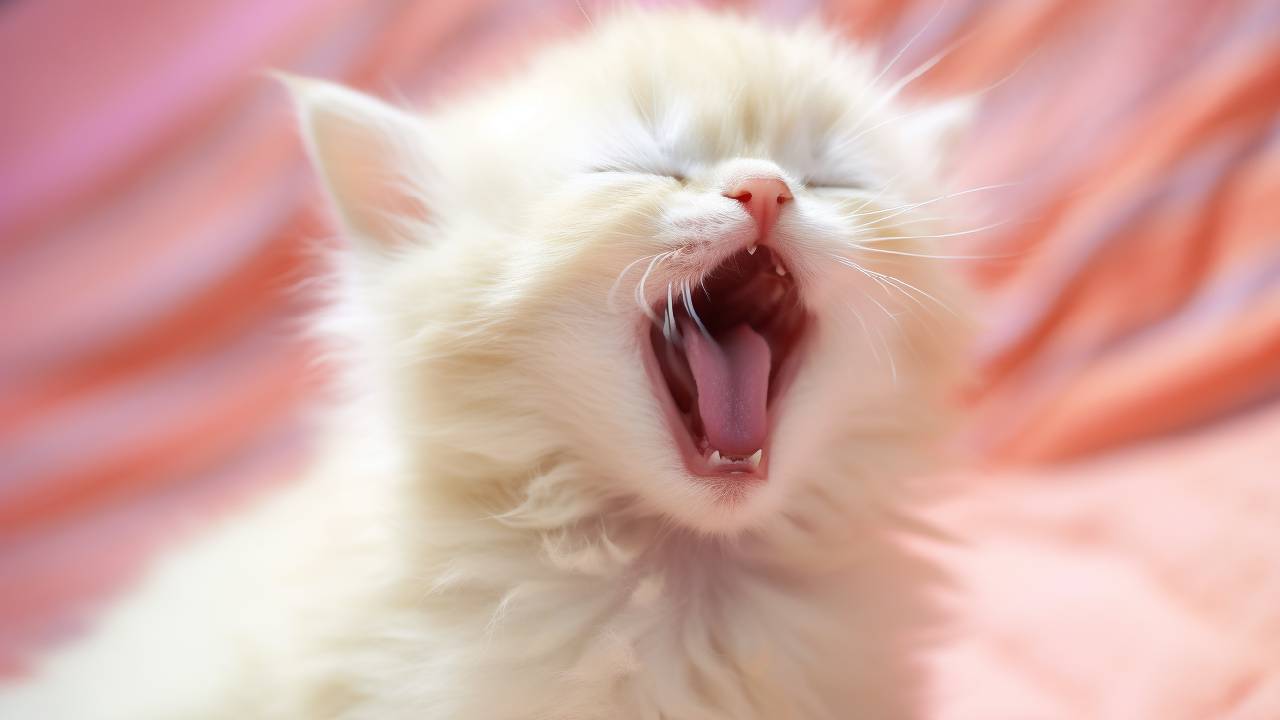
The Remedies: How to Help a Sneezing Cat Find Relief
Now that we’ve explored the myriad of reasons behind your cat’s persistent sneezing, it’s time to delve into the world of remedies.
Like a soothing balm for an itch, these remedies alleviate your feline friend’s discomfort and restore harmony in their nasal passages. Let’s jump into action and discover how you can be your cat’s sneeze-fighting hero.
Home Comforts
Home is your cat’s sanctuary, and making it a sneeze-free haven is a priority. Start by ensuring your living space is clean, well-ventilated, and free from irritants like excessive dust or strong fragrances.
Consider investing in an air purifier to help filter out allergens from the air. Additionally, provide cozy resting spots away from drafty areas, as drafts can exacerbate cat sneezing.
The Vet’s Verdict
If your feline friend’s sneezing persists, intensifies, or is accompanied by other concerning symptoms, it’s time to seek the guidance of a veterinarian. A vet can perform a thorough examination, run necessary tests, and diagnose the underlying cause of the sneezing.
Depending on the diagnosis, they can recommend appropriate treatments, whether medication for infections, allergen management strategies, or dental care interventions.
Allergen Management
Allergen management involves minimizing your cat’s exposure to substances that provoke sneezing. Start by keeping your home environment clean and dust-free.
Regularly vacuum and dust surfaces, including curtains and carpets, which can harbor allergens. Consider using hypoallergenic bedding materials and opting for an air purifier with a HEPA filter. These measures can help reduce allergens and give your cat fresh, sneeze-free air.
Cleanliness is Next to Healthiness
Cats are meticulous self-groomers, but sometimes they need a little extra help. Brushing your cat’s fur removes loose hair and prevents the accumulation of allergens on its coat. Long-haired breeds, in particular, benefit from regular grooming to prevent fur matting, which can trap dust and irritants.
Additionally, cleaning your cat’s ears and wiping their face with a damp cloth can help alleviate discomfort and reduce the chances of allergens reaching their nasal passages.
Boosting Immunity
A well-balanced diet can significantly boost your cat’s immune system, helping them fend off sneeze-inducing culprits. Opt for high-quality cat food rich in essential nutrients like vitamins and minerals.
Omega-3 fatty acids, found in fish oil, can have anti-inflammatory properties that contribute to a healthier respiratory system. Please consult your veterinarian for diet recommendations tailored to your cat’s needs, ensuring they have the best nutritional support to combat sneezing and stay in optimal health.
Stress-busting Strategies
Cats, like humans, can experience stress and anxiety, leading to issues such as excessive sneezing. Focus on stress reduction strategies to help your feline friend stay emotionally balanced. Engage them with enriching activities like interactive play sessions and puzzle toys, creating safe retreat spaces for them at home.
Consistency in daily routines and the application of positive reinforcement techniques contribute significantly to a happier, sneeze-free cat. Remember that a content cat is far less likely to participate in a sneezing symphony, so prioritize their emotional health to ensure their overall well-being.
Dental Hygiene Matters
Believe it or not, your cat’s oral health is intertwined with their overall well-being, including their susceptibility to sneezing fits. Regular dental care isn’t just about preventing bad breath; it can also prevent oral infections that might trigger sneezing.
Incorporate dental hygiene into your cat’s routine using veterinarian-approved toothpaste and brushes designed for feline teeth. Dental treats and toys can also help keep their pearly whites in tip-top shape. Promoting oral health prevents sneezes and ensures your cat’s overall health is checked.
Conclusion
In our exploration of cat sneezing, we’ve uncovered diverse causes, including infections, stress, and their expressive nature. Equipped with this knowledge, we’ve revealed effective strategies like optimizing the home environment, consulting professionals, allergy management, grooming, immunity support, and emotional well-being.
So, when you hear that endearing ‘achoo,’ you’ll find it cute and possess the know-how to ensure your cat’s lasting comfort.

FAQs About Cat Sneezing
Is occasional sneezing regular for cats?
Yes, occasional sneezing is generally standard for cats. It’s their way of clearing out irritants from their noses. However, if sneezing becomes frequent, it might signal an underlying issue.
How can I tell if my cat’s sneezing is due to allergies?
Other symptoms like watery eyes, itchiness, and skin problems often accompany allergic sneezing in cats. If you notice these signs and sneezing, allergies are likely at play. Consult your vet for a proper diagnosis.
My cat has a nasal discharge along with sneezing. Should I be concerned?
Nasal discharge can indicate various health issues, including infections. If the discharge is thick, colored, or foul-smelling, it’s time to consult a vet. A clear discharge might be expected, but it’s still best to seek professional advice.
Can I use human cold remedies to treat my sneezing cat?
No, it’s not recommended. Cats have different metabolisms and sensitivities compared to humans. Human medications can be toxic to cats. Always consult your vet before giving any medication to your cat.
Are there specific breeds more prone to sneezing?
While any cat can sneeze, certain breeds with flat faces (like Persians) might have narrower nasal passages, making them more susceptible to respiratory issues and sneezing.


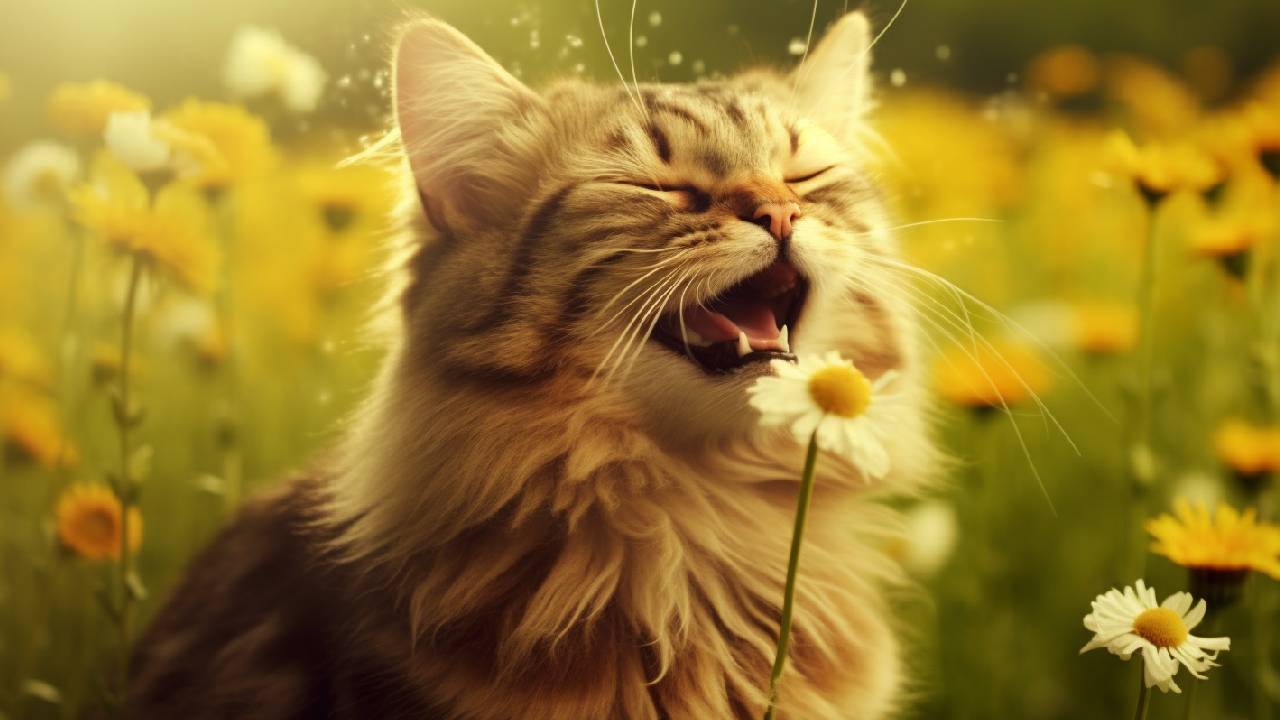

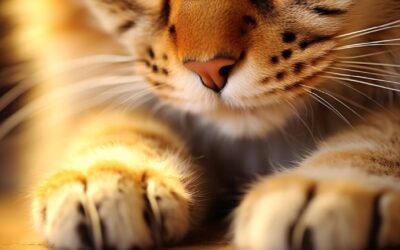
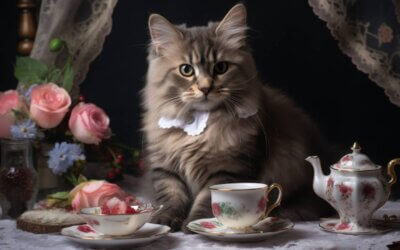
My cat has been sneezing like crazy lately, and I’m worried. I’m going to schedule a vet visit
my cat sneezing more lately🤧
Vet said it might be allergies…